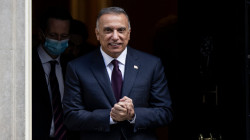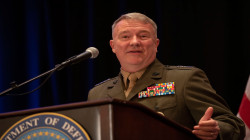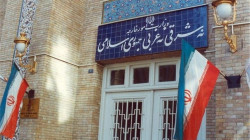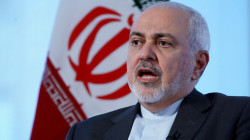Iyad Allawi warns of "unannounced civil war", criticizes US for failing to protect democracy
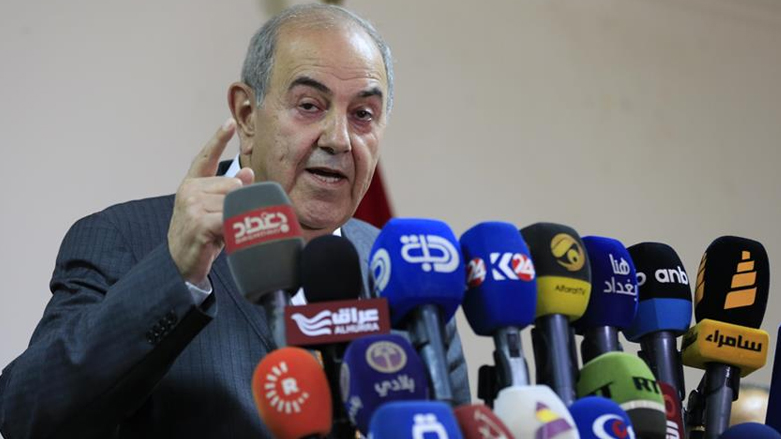
Shafaq News/ Former Iraqi Prime Minister Iyad Allawi has warned that Iraq is experiencing an "unannounced civil war" among its various factions and criticized the United States for failing to protect the country's democratic experiment.
Allawi also highlighted the dangers posed by the resurgence of ISIS and other extremist groups due to poor conditions in Iraqi prisons.
In an interview with The National, Allawi, Iraq's first post-2003 prime minister and a self-described secular Shia Arab, emphasized that the conflict, once predominantly between Sunni and Shia communities, has now extended to tribal and regional disputes. "If this problem persists, it will lead to a full-scale civil war across the country," he warned.
Reflecting on his tenure and the 20 years since he assumed office in Baghdad, Allawi described Iraqi prisons as "breeding grounds for extremism." He stressed the need for prison reform and the release of those detained for political reasons to prevent the resurgence of ISIS. "The prisons are a breeding ground for ISIS, and the extremist group may be on the rise again," he said, suggesting an amnesty as one solution.
Allawi called for a push towards national unity and reconciliation among Iraq's diverse ethnic and religious groups. He expressed disappointment over Iraq's trajectory in the two decades since the US-led invasion that toppled Saddam Hussein. The invasion, he said, led to years of corruption and sectarian politics that have infiltrated government ministries and offices.
Highlighting the violent years of 2006 and the rise of ISIS in 2014, Allawi noted that while these periods of turmoil seem to have ended, the underlying tensions continue to escalate behind the scenes. He stated, "There is now an unannounced civil war. I was against the occupation and the war, but the Americans wanted to divide the country into Sunni and Shia regions. Now we see Shia against Sunni, Shia against Shia, and Sunni against Sunni."
Allawi criticized the 2005 constitution for failing to establish equal citizenship and for creating a government-run on sectarian quotas. He accused the US and its allies of not protecting Iraq's democracy, which he said led to endless internal conflict and regional instability.
Reflecting on the 2010 elections, in which he won but failed to form a majority government, Allawi accused Iran of playing a detrimental role by blocking his path to the premiership, allowing Nouri al-Maliki to take office instead. "Iran played a very negative role. They collaborated with the Americans when Saddam was overthrown and began dictating the course of events in Iraq," he said.
Despite his Coalition Government's commitment to a secular future for Iraq, Allawi believes the political climate and electoral mechanisms at the time were not conducive to a fair voting system. "If I had known this was the situation, I would not have held the elections. No group or list should appear as Shia, Sunni, or Kurdish," he said.
Allawi has recently voiced his concerns to senior politicians in Baghdad under Prime Minister Mohammed Shia Al-Sudani's administration, urging them to call for early elections. "We need to correct ourselves before we lose all of Iraq," he stated.
Blaming the US for fostering divisions between Sunnis, Shias, and Kurds, Allawi warned that the situation has gradually worsened over time, leading to the Iraq we see today. He also raised concerns over recent attacks, such as the assault on KFC restaurants in Baghdad, questioning the ability to maintain relative calm and stability achieved after ISIS's defeat.
"If this continues, we could see direct attacks on Americans stationed in Iraq, which is a significant possibility," Allawi warned, emphasizing the need for the rule of law, national unity, and the application of the concept of citizenship. "Iraqis are ready to risk drowning in the sea rather than remain citizens in a country that fails to provide adequate public services," he concluded.

